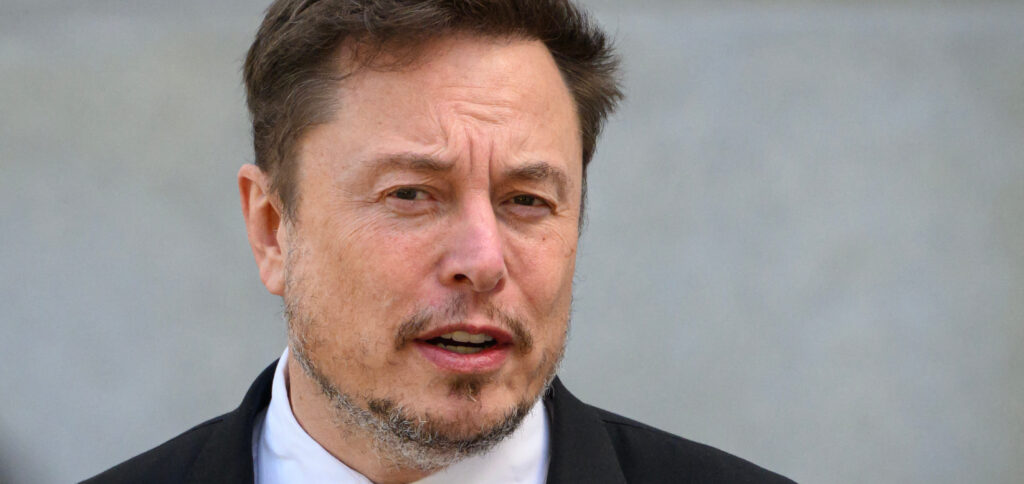The trial at the STF was scheduled to take place this Wednesday (17) in the plenary, but the analysis was postponed at the request of the rapporteurs, ministers Dias Toffoli and Luiz Fux.
ADVERTISING
The appeals reached the supreme court in the middle of the impasse, in the National Congress, over the so-called Fake News Bill, which also had its vote postponed in the Chamber after a strong campaign by technology companies against the project.
In addition to the political consequences, platforms like Google and Telegram are being investigated for alleged abuse of economic power in the case.
An investigation was opened in the Supreme Court, by order of Minister Alexandre de Moraes and at the request of the Attorney General's Office (PGR), in addition to the appeals regarding article 19 of the Marco Civil da Internet (exempts social media platforms from liability if they do not remove illegal content). The Economic Administrative Council (Cade), which monitors compliance with competition rules, also investigates the conduct of companies.
ADVERTISING
There is still no date for the issue to return to the Chamber plenary, given the doubt whether the PL from Fake News will get enough votes to pass.
Is the regulation of digital platforms a case for Justice or Congress?
The ministers who make up the STF argue that this is a case that should be dealt with by the country's legislators, that is, federal deputies. The supreme court should only act to “fill in any omission by Congress”.
Since the coup acts of January 8, planned and executed with the help of messaging applications and social networks, several Supreme Court ministers have publicly taken a stand in defense of the regulation of these platforms.
ADVERTISING
In this way, crimes of incitement to hatred, solicitation of minors for crimes or sexual purposes, carried out through digital platforms such as Telegram, Google, YouTube, and social networks, for example, would have shared responsibility between the companies that manage them and their authors. In most cases, Big Tech has done little to stop the spread of anti-democratic messages.
Understand, in this video, a little more about the controversy surrounding the Fake News PL ⤵️:
@curtonews Telegram said it could give “censorship” power to the Brazilian government. Already the Google, claimed that increasedaria “confusion about what is true or false”. But what does the Fake News PL really propose? #pldasfakenews #fakenews #social media ♬ original sound – Curto News
(With Brazil Agency)
Read also
* The text of this article was partially generated by artificial intelligence tools, state-of-the-art language models that assist in the preparation, review, translation and summarization of texts. Text entries were created by the Curto News and responses from AI tools were used to improve the final content.
It is important to highlight that AI tools are just tools, and the final responsibility for the published content lies with the Curto News. By using these tools responsibly and ethically, our objective is to expand communication possibilities and democratize access to quality information. 🤖
ADVERTISING








